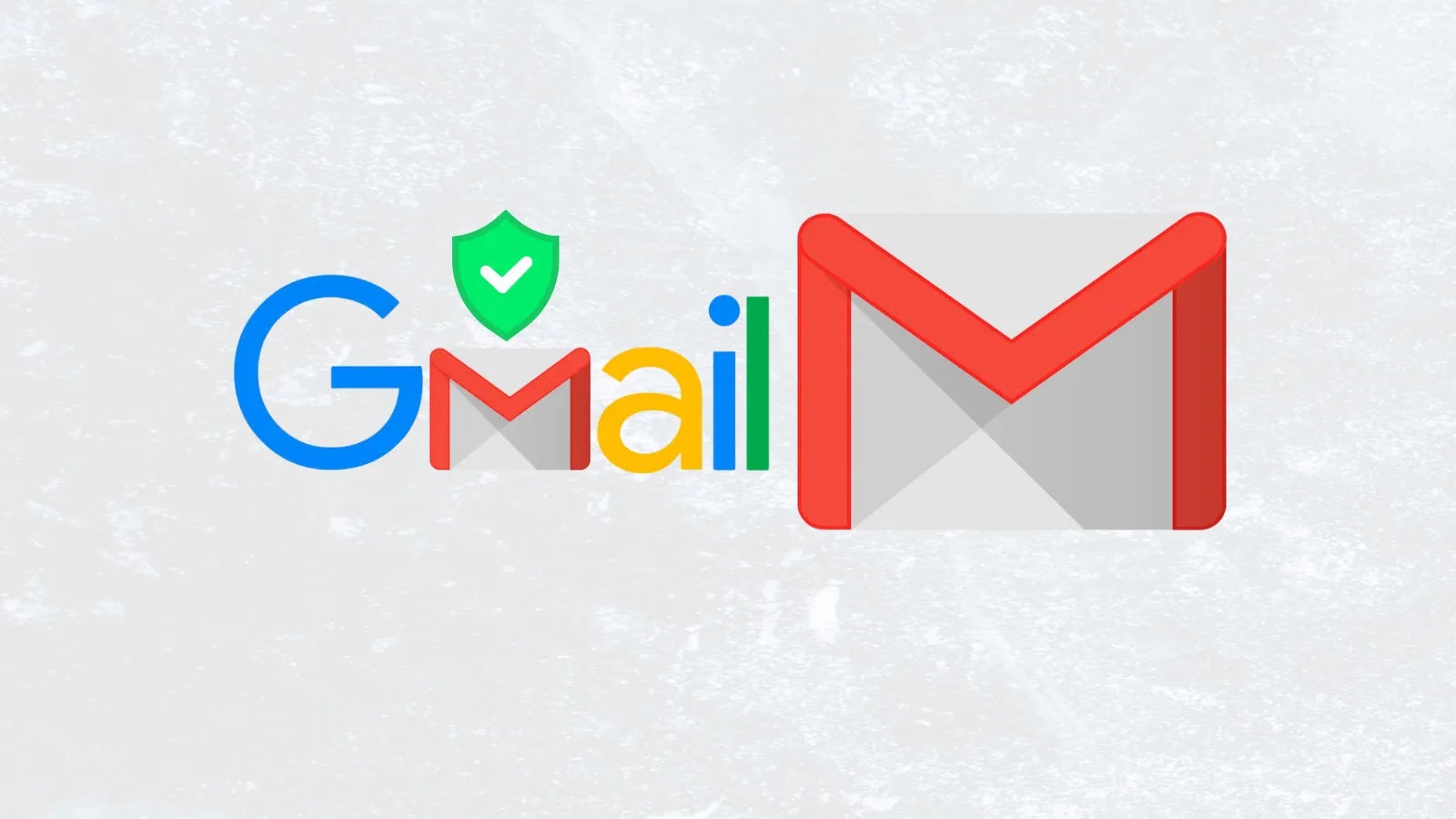Cybersecurity researchers have recently uncovered a sophisticated infostealer malware named ZeroCrumb, which has been disseminated through GitHub repositories. This malware specifically targets browser cookies from widely used browsers such as Chrome, Brave, and Edge, enabling attackers to extract sensitive user authentication data without triggering User Account Control (UAC) alerts that typically warn users of suspicious activities.
Technical Mechanism:
ZeroCrumb operates by exploiting the internal security architecture of browsers, focusing on the encrypted storage mechanisms designed to protect cookie data. Unlike traditional cookie stealers that often require administrative privileges, ZeroCrumb employs a novel approach that circumvents standard security protections, making it particularly dangerous for both corporate environments and individual users.
The malware bypasses the Chrome Elevation Service through a technique known as Transacted Hollowing, effectively impersonating a legitimate Chrome instance. This impersonation allows the malware to interface with the IElevator COM interface to decrypt the App Bound Key, which is then used to access encrypted cookies. The implementation utilizes named pipes, enabling any program with Windows API access to connect to the ZeroCrumb pipe and extract the App Bound Key. Additionally, the malware can be compiled as a DLL, embedding the key dumper in the resource section of the compiled library, allowing for more flexible deployment scenarios. This approach makes detection particularly challenging, as the malware mimics legitimate browser processes while performing its malicious activities.
Implications:
The widespread adoption of browser-based applications for both business and personal use makes this threat particularly concerning. Compromised cookies can provide attackers with immediate access to email accounts, cloud storage, financial services, and corporate resources without the need to crack passwords or bypass multi-factor authentication. This capability significantly increases the potential for account takeovers across multiple services simultaneously.
Detection and Mitigation:
Detecting ZeroCrumb poses significant challenges due to its ability to impersonate legitimate browser processes. Traditional security measures may not be sufficient to identify and prevent such sophisticated attacks. Therefore, it is crucial for organizations and individuals to adopt advanced security solutions that can detect and respond to such threats effectively.
Recommendations:
1. Regularly Update Software: Ensure that all software, including browsers and security tools, are up to date to benefit from the latest security patches and features.
2. Implement Advanced Threat Detection: Utilize advanced threat detection solutions that can identify and respond to sophisticated malware like ZeroCrumb.
3. Monitor Network Traffic: Regularly monitor network traffic for unusual patterns that may indicate data exfiltration or other malicious activities.
4. Educate Users: Provide training to users on recognizing phishing attempts and other common attack vectors to reduce the risk of malware infections.
5. Restrict Administrative Privileges: Limit administrative privileges to essential personnel to reduce the risk of malware gaining elevated access to systems.
By implementing these measures, organizations and individuals can enhance their security posture and reduce the risk posed by sophisticated malware like ZeroCrumb.



